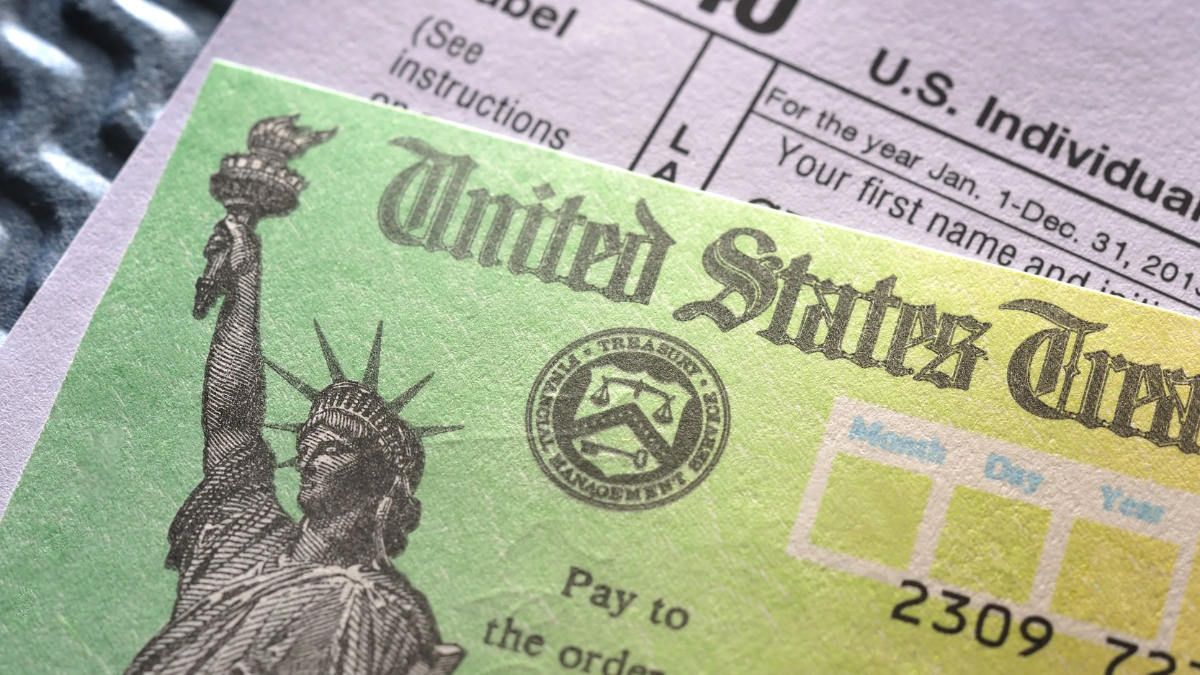The Social Security Administration (SSA) is introducing a major shift in retirement planning. Starting in 2026, the full retirement age (FRA) will no longer be 65 or even 67. A new benchmark age of 68 is being phased in to ensure the long-term sustainability of Social Security funding. This change will affect millions of future retirees—especially those born in 1960 and after—and has serious implications for your retirement income and planning.
What Is the New Full Retirement Age?
The full retirement age will be officially raised to 68 for individuals turning 62 in 2026 or later. That means anyone born in 1964 or afterward will have to wait until age 68 to claim full Social Security retirement benefits without reductions. This update aims to align benefits with increased life expectancy and longer working years, which have gradually evolved since the program’s inception.
| Birth Year | New Full Retirement Age |
|---|---|
| 1960–1963 | 67 |
| 1964 and after | 68 |
| Before 1960 | 65–66 (based on prior schedule) |
How Will This Impact Your Benefits?
Delaying full retirement to age 68 means individuals who choose to retire early at 62 will face steeper benefit reductions—as much as 30% less compared to waiting until FRA. On the other hand, waiting until age 70 can still earn you delayed retirement credits, which increase your monthly benefit by about 8% annually. Early retirees must now carefully weigh their financial health and job situation before making a claim.
Why Is Social Security Raising the FRA?
The main reason for increasing the FRA is financial sustainability. The Social Security Trust Fund is projected to face shortfalls in the coming decades due to longer life expectancies, fewer workers per retiree, and a growing retired population. By extending the retirement age, the SSA hopes to reduce the strain on the system and maintain monthly payments at current levels without drastic cuts.
What You Should Do to Prepare
If you’re approaching retirement age in 2026 or beyond, this policy change means it’s time to re-evaluate your retirement goals, timelines, and savings strategy. Consider meeting with a financial planner to explore how this shift affects your Social Security income projections. Workers should also explore IRA or 401(k) contributions, employer-matching programs, and delayed claiming strategies to maximize benefits.
The shift to 68 as the new full retirement age marks one of the most significant Social Security changes in recent years. It will directly impact when and how millions of Americans retire. Understanding these new rules and adjusting your financial plans accordingly can make a big difference in your retirement security. Start planning now—waiting could cost you.
FAQ’s:
1. Can I still retire at 62 under the new rule?
Yes, but your monthly benefits will be reduced by up to 30% if you retire before age 68.
2. What happens if I was born in 1963 or earlier?
You will still fall under the current FRA of 67, with no change to your retirement timeline.
3. Will this change affect my spousal or survivor benefits?
Yes, since those benefits are also tied to your FRA, adjustments will apply accordingly.
4. Is age 70 still the latest to claim benefits?
Yes, claiming after FRA still increases your benefit, but there is no advantage after age 70.
5. Does this affect disability or Medicare eligibility?
No, disability and Medicare eligibility ages remain unchanged as of now.

























